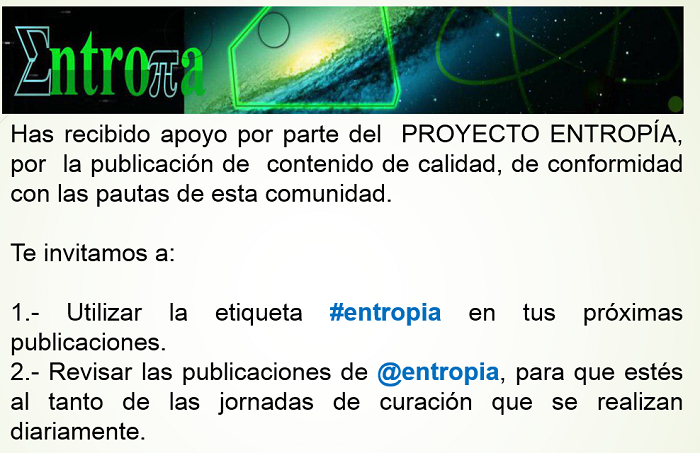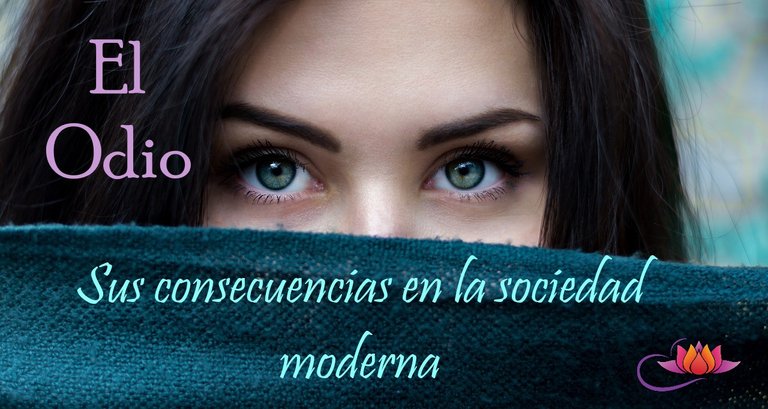

Recientemente, un periodista y famoso influencer de Venezuela, hablaba sobre la exaltación del odio en las redes sociales, pues, es evidente que nos hemos transformado en una sociedad que critica en exceso.
Sociedad que, a la par de hablar de empatía y de solidaridad, está pendiente de los defectos que otros demuestran con sus opiniones y publicaciones.
Hacemos críticas terribles, destructivas; y esta sensación que tenemos, aquellos que trabajamos en salud, de que nos estamos señalando los unos a los otros, nos lleva, inevitablemente, a pensar en las luchas sociales que existen actualmente por la inclusión.
Hoy, las personas diferentes son vistas, por un lado, como seres que necesitan ser reconocidos; pero, por el otro, son señalados sin compasión.
¿Es esto, simplemente una manifestación de odio?
¿Qué es lo que produce el sentimiento del odio en el ser humano, es decir, sus consecuencias?
¿Es, lo que se siente, lo opuesto al amor?


Son cientos los problemas sociales
Independientemente de cuánto luchamos porque exista solidaridad, empatía e integración; todos los días lanzamos discursos irrespetuosos hacia otros seres humanos.
¿En qué momento nos comenzó a parecer normal que criticáramos el modo de vivir de las otras personas, simplemente, porque es diferente al nuestro?
Estamos criticando en forma terrible a las personas que se visten diferente, que aman en forma diferente, que intentan abrirse paso en medio de una confusión moral increíble en cuanto a sus gustos.
A nivel social, lo hacemos con las personas que emigran, pero también, a los que se quedan.
¿Qué nos está llevando a tener este culto de odio tan difícil de entender y de aceptar para los que trabajamos el área de salud y del bienestar?
La realidad es que, contrario a lo que creemos, no estamos siendo más empáticos
Basta con pasearse por una de las redes sociales de libre expresión, para darnos cuenta de que estamos siendo personas irrespetuosas con los que tienen una orientación sexual diferente, con los que tienen una condición social económica diferente y con quienes no tienen un consumismo que prevalece.
El odio está desmarcándonos de nuestro principal objetivo de vida, que es el vivir en forma gregaria; porque eso es lo que necesitamos para subsistir como seres humanos, estar juntos.
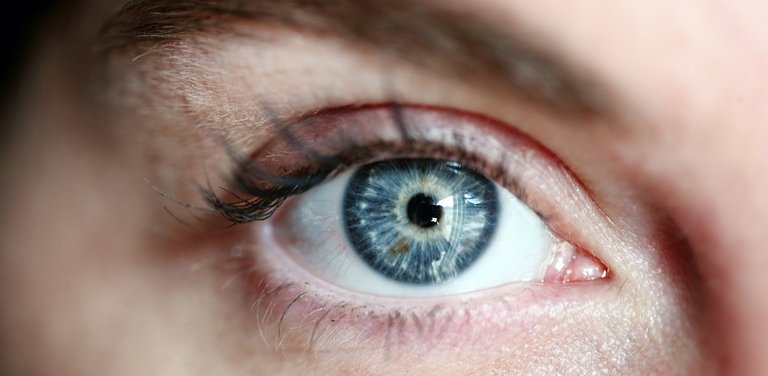
¿Pero, qué es el odio?
No veamos la palabra como algo muy grande y terrible.
El odio es un sentimiento de antipatía hacia algo o hacia alguien, y conlleva un desagrado que se sostiene en el tiempo.
Pero el odio u odium -que es una palabra que empleaban los antiguos romanos para todo lo que era reprobable y desagradable- comparte raíces con la palabra “enojar”, que significa, provocar el odio.
Por lo que, no es más que un sentimiento que genera conductas de tipo coléricas o violentas hacia lo que se desagrada.
Un sentimiento que ha sido hablado en miles de escritos, en la literatura y a nivel de la conducta, pues es la causa de innumerables tragedias; porque el odio no se separa de la discriminación como tampoco se separa de la envidia.

Las consecuencias del odio
Las grandes universidades han investigado este sentimiento, y sabemos que se encuentra registrado a nivel de la corteza frontal del cerebro, lo que afecta notablemente todas sus emociones.
Pero, una persona que siente odio también tiene una gran pérdida de energía orgánica y altera su equilibrio interior; y, de hecho, los científicos han sido capaces de señalar al odio como causa de la mala reproducción celular y, por lo tanto, de posible aparición del cáncer.
También hay alteraciones digestivas, nerviosas; problemas a nivel de la cognición, por lo que hay dificultad para la atención, la concentración y la memoria.
Produce ansiedad y hasta depresión.
La ira, junto con el odio, son sentimientos que liberan sustancias como adrenalina, prolactina, cortisol; que al secretarse por largo tiempo dañan, irremediablemente, al sistema inmune.
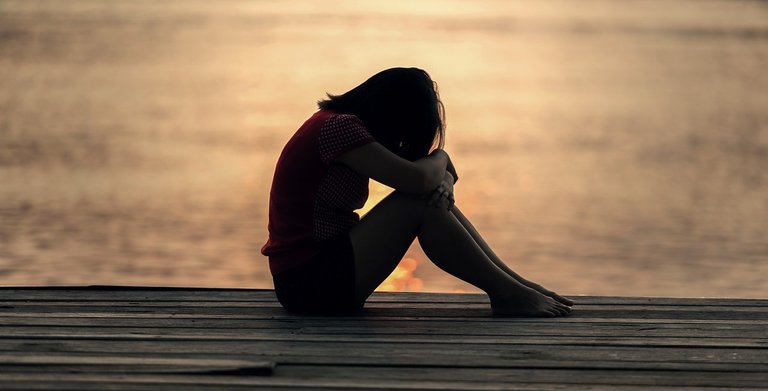
¿Qué podemos hacer para prevenir esto?
Tengo que admitir que no hay estudios que digan cómo se evita el odio.
Más, siempre he hablado de la educación en el hogar; que tenemos de educar a nuestros hijos para que reconozcan las diferencias y entiendan lo que es el albedrío; que cada quien es libre de elegir y de sentir según cómo ha sido creado y cómo ha sido educado.
Que las manifestaciones de vida de otras personas son tan importantes y de peso, como las nuestras.
La Clínica Mayo ha recomendado pasos para controlar la ira y, por lo tanto, controlar el odio o resentimiento hacia algo; por lo que se ha expuesto que ante estos sentimientos debe replantearse la serenidad y la comunicación de lo que nos molesta.
Expresar las frustraciones y preocupaciones que tenemos ante esto, sin disfrazar el hecho.
Igualmente, la disminución del estrés y la relajación con actividades que se concentran en el bienestar personal, pueden ayudar a que estas sensaciones no aparezcan.
Y, por último, actuar con asertividad y con resiliencia para no dañar a otros y para exponer el problema, estudiarlo y entenderlo.

Necesitamos libertad emocional
Esta especie de culto a la crítica, a la destrucción del otro, al irrespeto y al descrédito, nos está llevando a que vivamos atados a estos sentimientos de desagrado, ira y violencia contra los demás.
Hay que terminar con esto desde el interior y hacia el entorno.
El odio, para nosotros, los creadores de contenido, es motivo de análisis, por muy duro que parezca exponerlo; porque necesitamos liberarnos, entender el origen del desagrado hacia los demás y comprender la historicidad del hombre en medio del desconocimiento y la ignorancia cultural y religiosa.
Analizar los hechos con frialdad y con respeto, entendiendo que todos somos humanos y, por lo tanto, que tenemos los mismos derechos, va a hacer que podamos comprender el porqué se da una diferencia humana y la reacción ante ella; pero también, solventarla con lógica y con razonamiento.
Pero, -es importante admitirlo-, sentir odio también es un aprendizaje, porque te permite, si lo sabes aprovechar; estudiarte a ti mismo y comprender qué es lo que te desagrada y por qué te desagrada.
Y al superarlo, liberarte en forma muy expansiva en pro del crecimiento, el bienestar y la creación de una mejor versión de ti mismo.


Are we a society that exalts the hate? A therapeutic look at this terrible feeling of rejection
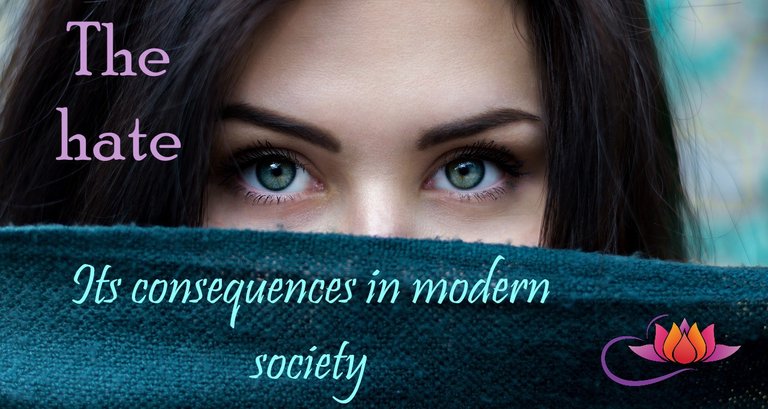

Recently, a journalist and famous influencer from Venezuela, spoke about the exaltation of hate in social networks, because it is evident that we have become a society that criticizes excessively.
A society that, while talking about empathy and solidarity, is aware of the defects that others show with their opinions and publications.
We make terrible, destructive criticisms; and this feeling that those of us who work in health have, that we are pointing fingers at each other, inevitably leads us to think about the social struggles that currently exist for inclusion.
Today, people who are different are seen, on the one hand, as beings who need to be recognized, but, on the other, they are mercilessly singled out.
Is this simply a manifestation of hatred?
What is it that produces the feeling of hatred in human beings, that is, its consequences?
Is what is felt the opposite of love?


There are hundreds of social problems
Regardless of how much we fight for solidarity, empathy and integration, every day we launch disrespectful speeches towards other human beings.
At what point did it become normal for us to criticize other people's way of life simply because it is different from our own?
We are terribly critical of people who dress differently, who love differently, who are trying to make their way in the midst of incredible moral confusion about their tastes.
On a social level, we do it to people who emigrate, but also, to those who stay.
What is leading us to have this cult of hate that is so difficult to understand and accept for those of us who work in the area of health and wellness?
The reality is that, contrary to what we believe, we are not being more empathetic.
It is enough to walk around one of the free expression social networks, to realize that we are being disrespectful people with those who have a different sexual orientation, with those who have a different social economic condition and with those who do not have a prevailing consumerism.
Hate is dismarking us from our main objective in life, which is to live gregariously; because that is what we need to subsist as human beings, to be together.

But what is hatred?
Let's not look at the word as something very big and terrible.
Hatred is a feeling of dislike for something or someone, and it involves a dislike that is sustained over time.
But hatred or odium - which is a word used by the ancient Romans for everything that is reprehensible and unpleasant - shares roots with the word "to anger", which means, to provoke hatred.
Therefore, it is nothing more than a feeling that generates choleric or violent behaviors towards what is disliked.
A feeling that has been talked about in thousands of writings, in literature and at the behavioral level, since it is the cause of innumerable tragedies; because hatred is not separated from discrimination, just as it is not separated from envy.

The consequences of the hate
The great universities have investigated this feeling, and we know that it is registered at the level of the frontal cortex of the brain, which notably affects all its emotions.
But, a person who feels hatred also has a great loss of organic energy and alters his inner balance; and, in fact, scientists have been able to point out hatred as a cause of bad cellular reproduction and, therefore, of the possible appearance of cancer.
There are also digestive and nervous alterations; problems at the level of cognition, so there is difficulty in attention, concentration and memory.
It produces anxiety and even depression.
Anger, together with hatred, are feelings that release substances such as adrenaline, prolactin, cortisol; which, when secreted for a long time, irremediably damage the immune system.

What can we do to prevent this?
I have to admit that there are no studies that say how to avoid hatred.
I have always talked about education at home; that we have to educate our children to recognize differences and understand what is free will; that everyone is free to choose and feel according to how he/she has been created and how he/she has been educated.
That other people's manifestations of life are as important and weighty as our own.
The Mayo Clinic has recommended steps to control anger and, therefore, to control hatred or resentment towards something; therefore, it has been stated that in the face of these feelings, serenity and communication of what bothers us should be reconsidered.
Express the frustrations and concerns that we have before this, without disguising the fact.
Likewise, stress reduction and relaxation with activities that focus on personal wellbeing can help to prevent these feelings from appearing.
And finally, to act with assertiveness and resilience so as not to harm others and to expose the problem, study it and understand it.

We need emotional freedom
This kind of cult of criticism, destruction of the other, disrespect and discredit, is leading us to live tied to these feelings of displeasure, anger and violence against others.
We must put an end to this from within and towards the environment.
Hatred, for us, the creators of content, is a motive for analysis, however hard it may seem to expose it; because we need to free ourselves, to understand the origin of dislike towards others and to understand the historicity of man in the midst of ignorance and cultural and religious ignorance.
Analyzing the facts with coldness and respect, understanding that we are all human beings and, therefore, that we have the same rights, will allow us to understand why there is a human difference and the reaction to it; but also, to solve it with logic and reasoning.
But -it is important to admit-, feeling hate is also a learning process, because it allows you, if you know how to take advantage of it, to study yourself and understand what it is that you dislike and why you dislike it.
And by overcoming it, you can liberate yourself in a very expansive way in favor of growth, well-being and the creation of a better version of yourself.

Emilio Ríos – Venezuela
@emiliorios


- Barras separadoras y logo de English, editadas en Paint, de:
Separator bars and English logo edited in Paint, from:
Pixabay-StockSnap
Cintillo personalizado de @emiliorios con el logo de #Hive, realizado por la excelente creadora @mosa71
Custom @emiliorios headband with the #Hive logo, made by the excellent creator @mosa71Nuevo logo de Twitter tomado de la plataforma de la red social.
New Twitter logo taken from the social network platform.Dibujo de agradecimiento, tomando el logo de nuestra comunidad y editado en Paint, de:
Thank you drawing, taking our community logo and edited in Paint, by:
Pixabay-Sasint
- Si lo deseas, puedes seguirnos en:
If you wish, you can follow us at:





